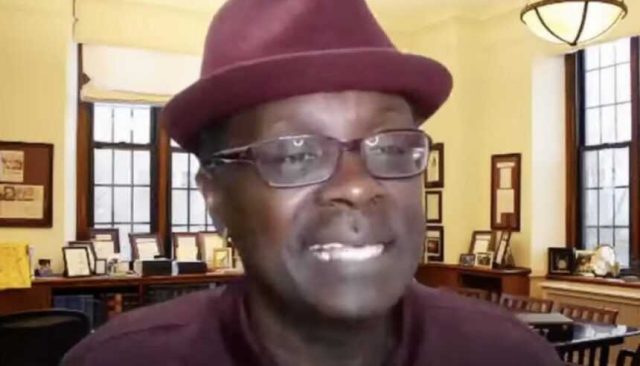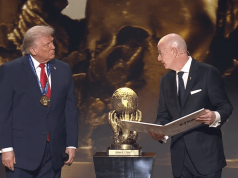Professor Kwaku Asare, a renowned academic from the United States, has emphasized the importance of recovering looted properties as a key pillar for Ghana’s development.
He argues that such recovery efforts must be driven by transparency, justice, and unwavering determination. According to Professor Asare, this initiative is not only a moral imperative but also a strategic necessity to rebuild public trust, improve governance, and create a more equitable society. He reassured the public that those who have not engaged in looting have nothing to fear, while those responsible should prepare for the consequences of their actions.
In line with this, President-elect John Dramani Mahama has launched a special initiative called Operation Recover All Loots (ORAL) to gather information on suspected acts of corruption. Samuel Okudzeto Ablakwa, the Chair of the ORAL team, clarified that the committee’s role would cease once an Attorney-General is appointed, approved by Parliament, and sworn into office. The gathered information will then be forwarded to the Attorney-General for further action. Ablakwa and his colleague, Martin Kpebu, reiterated that once the legal framework is in place, ORAL’s function will be completed.
However, the initiative has sparked criticism from some quarters. Vincent Ekow Assafuah, a lawmaker from the Old Tafo constituency, dismissed ORAL as a political move designed to tarnish reputations without substantiated evidence. He questioned the lack of detailed information in the figures presented by the committee and criticized its lack of legal backing, labeling it as an unconstitutional body with no investigatory or prosecutorial powers. Assafuah argued that existing state institutions such as EOCO, the OSP, and CHRAJ are better suited to handle corruption matters.
Mary Addah, Executive Director of the Ghana Integrity Initiative (GII), also voiced concerns, describing ORAL as a populist approach to fighting corruption. She suggested that President Mahama should have directed the public to report issues to established anti-corruption institutions rather than creating a new, unlegislated body. Addah pointed out that similar committees formed under the Akufo-Addo administration had been largely ineffective, and that the government’s efforts should focus on empowering the institutions already in place.
In response to these criticisms, President-elect Mahama clarified that ORAL is not intended to conduct investigations. Instead, its role is to serve as a focal point for collecting evidence of corruption that will then be handed over to the appropriate state bodies. Mahama explained that ORAL is not a budgeted entity and operates solely to facilitate the collection and transmission of information. He emphasized that there would be no payments or investigations involved in its operation, only the assembly of information for further legal action once the new administration takes office.
As the debate continues, the fate of the ORAL initiative remains uncertain, with many questioning whether it will contribute effectively to Ghana’s fight against corruption or if it is simply a political gesture without legal standing.
Send your news stories to newsghana101@gmail.com
Follow News Ghana on Google News














